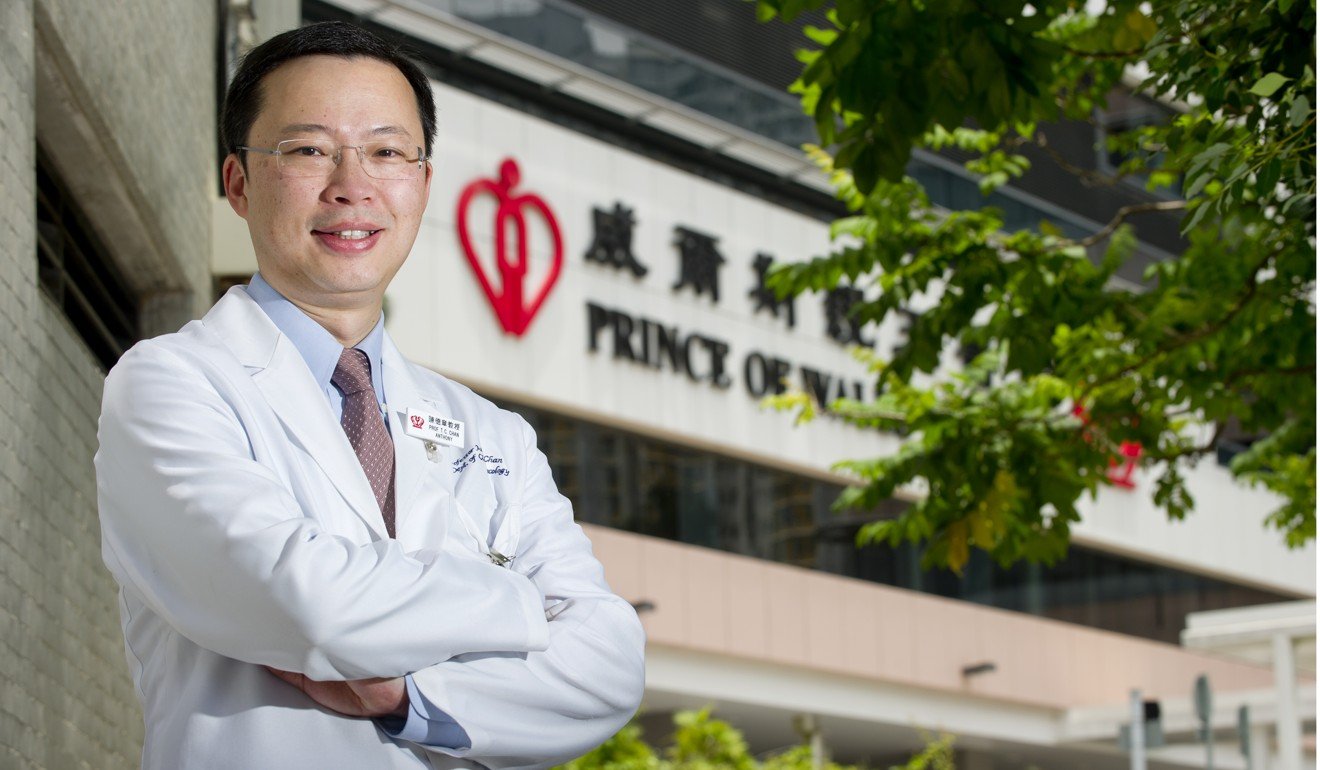
Hong Kong helps speed up development of new treatments as number of clinical trials in city surges
Rise came after Chinese state agency officially recognised results of Phase 1 tests here for registration of new medications in mainland
Hong Kong is playing an increasingly important role in speeding up the registration of new pharmaceuticals and therapies globally, with the number of clinical trials conducted in the city having surged significantly in the past year, the city’s two clinical trial centres told the Post.
The centres at the University of Hong Kong and Chinese University have seen a multifold increase in the number of Phase 1 clinical trials – the first of three phases before a new medication enters the market – commissioned by overseas and Chinese pharmaceutical companies.
There have been in total 26 ongoing or completed trials at the two centres since July 2016, compared with fewer than 10 in the preceding three years. The pharmaceuticals and therapies on trial include potential treatments for cancer, hepatitis, diabetes, cardiovascular diseases and infectious diseases.

The rise came after the China Food and Drug Administration officially recognised in July 2016 the results of Phase 1 clinical trials from Hong Kong for registering new drugs for sale on the mainland. Before that, the city’s trial results were not guaranteed to be transferable across the border. In one case, the registration process was sped up by one year as a result.
Healthy? You might be just what the doctor ordered
Phase 1 trials are usually conducted on dozens of healthy individuals to establish the safety of a new medical treatment before Phase 2 and 3 trials test its efficacy on hundreds or thousands of patients.
Dr Tommy Cheung Tsang, deputy medical director at HKU’s centre, conducted a Phase 1 trial for a new Hepatitis C drug in 2015, commissioned by a US-based pharmaceutical company.
“The whole process – from start to the end – was only eight months. If the same trial was organised on the mainland, it might not even have been initiated by the time it was completed here,” Cheung said.
“Our participation speeded up the new drug application for the CFDA by approximately one year.”

He added that the drug could benefit approximately 10 million patients in China, which has the largest population of people living with Hepatitis C worldwide. The medication went on sale in the US last year, and its application to the CFDA for sale in China is now pending approval.
China to speed up approvals for new drugs and plans to accept foreign trial data
Professor Anthony Chan Tak Cheung, head of CUHK’s centre, said that since getting the state agency’s accreditation, the centre had attracted many more China-based pharmaceutical companies, which were now commissioning 60 per cent of all trials at the centre, compared with 30 per cent before.
He cited the city’s liberal academic environment as a reason for this.
“Hong Kong has unrestricted import and export of biological specimens. For example, biopsy tissues from a cancer patient on a trial are allowed to be sent overseas for analysis,” Chan said. “But prior approvals would be needed from the authorities if the trial was conducted on the mainland.”
Professor Karen Lam Siu-ling, chairwoman of the HKU clinical trials centre, said the city would act as a driving force for the clinical research and trial sector in the country.

“On the one hand, Chinese companies come to Hong Kong for trials targeting product registrations in places like North America and Europe, as our results are globally recognised; on the other hand, the results also help them with registration back in the home country,” Lam said.
Good times ahead for Chinese pharmaceutical firms as policy environment turns favourable
On top of a start-up grant of HK$76 million for the two clinical centres, the Food and Health Bureau also approved one-off funds of HK$40 million each to support their operation for the first five years. The funding will expire next year for CUHK and in 2019 for HKU.
The two centres currently rely on government aid but aim to be self-financing in the long run.
Lam said: “With the rapidly increasing number of trials, we will soon reach the saturation point in terms of capacity of our facility … In order to expand our scale and do more trials for the benefit of medical advancement, we need continuous support from the government in funding and policy.”
A government spokeswoman said: “When offering the initial grant, the government made it clear that its financial commitment would be expected to taper off over the course of the programme as other revenue streams, for example, [income from privately sponsored trials] became available.”

